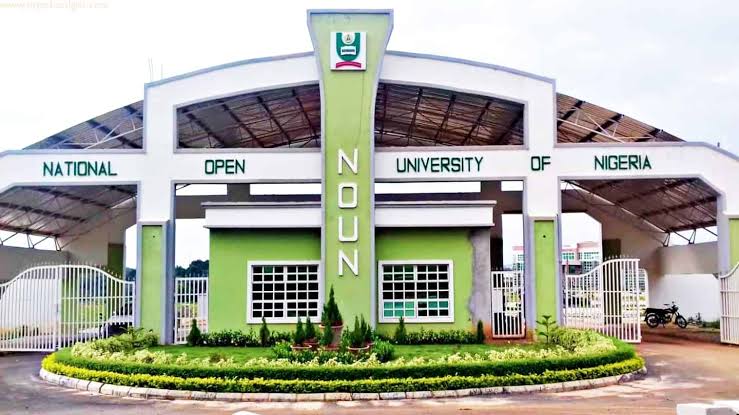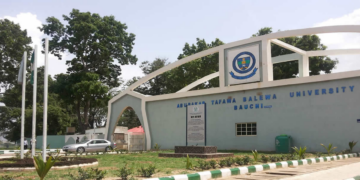A professor of Nematology from the National Open University of Nigeria in (NOUN), Monioluwa Omolara Olaniyi, has unraveled the world beneath the soil surface where “little known, yet devastating” to plant-parasitic nematodes usually attack roots, weaken crops, and open gateways to diseases.
Olaniyi, who works in the Department of Biological Sciences, stated this while presenting the NOUN’s 36th inaugural lecture titled, “Managing Plant Worm Adversaries: Safeguarding the Environment, Sustaining Our Daily Bread,” at the headquarters of the university in Abuja.
‘According to a press statement by Ibrahim Sheme, Director, Media and Publicity, she explained how these plant nematodes were adversaries and how they commonly stunt growth, reduce yields, and erode farmers’ incomes, particularly in staple crops that anchor Nigerian diets and livelihoods.
The former Deputy Vice-Chancellor for Technology, Innovation and Research (TIR) at NOUN explained that from vegetables and cereals to tubers and legumes, nematode damage “can be silent and chronic, often misdiagnosed as nutrient deficiency or drought stress.”
Olaniyi gave a history of her academic journey and decades of research in nematology, focusing on plant-parasitic worms, explaining how her work aligns with the United Nations SDGs, particularly Goal 2 (Zero Hunger), Goal 13 (Climate Action), and Goal 15 (Life on Land).
To this end, the professor highlighted how climate variability, intensive monocropping, and unhygienic seed/planting material compound the problem, allowing nematode populations to build up and persist across seasons.
“This underscored a crucial message: effective management begins with correct diagnosis, farm hygiene and strategies that work with the ecosystem rather than against it,” she said.
The lecturer presented ongoing research on managing plant worm adversaries through sustainable and environmentally friendly approaches, detailing methods that reduce the dependence on harmful pesticides, promote biological control, and safeguard ecosystems while ensuring farmers’ livelihoods.
She also touched on the provision of research infrastructure at the NOUN as an Open and Dsitance Learning (ODL) institution and acknowledged the support of successive vice-chancellors of the university who have built upon the foundations laid by their predecessors.
In her closing remarks, Olaniyi expressed gratitude to the NOUN, her family, mentors, colleagues, and research collaborators, while reaffirming her commitment to advancing nematology in Nigeria and contributing to global food security.
Earlier in his opening remarks, the Vice-Chancellor of the NOUN, Professor Olufemi Peters, underscored the significance of inaugural lectures in the intellectual life of the university, describing them as a platform where professors share the depth of their scholarship and contributions to knowledge.





